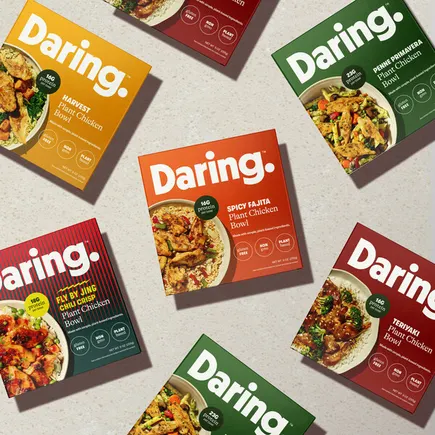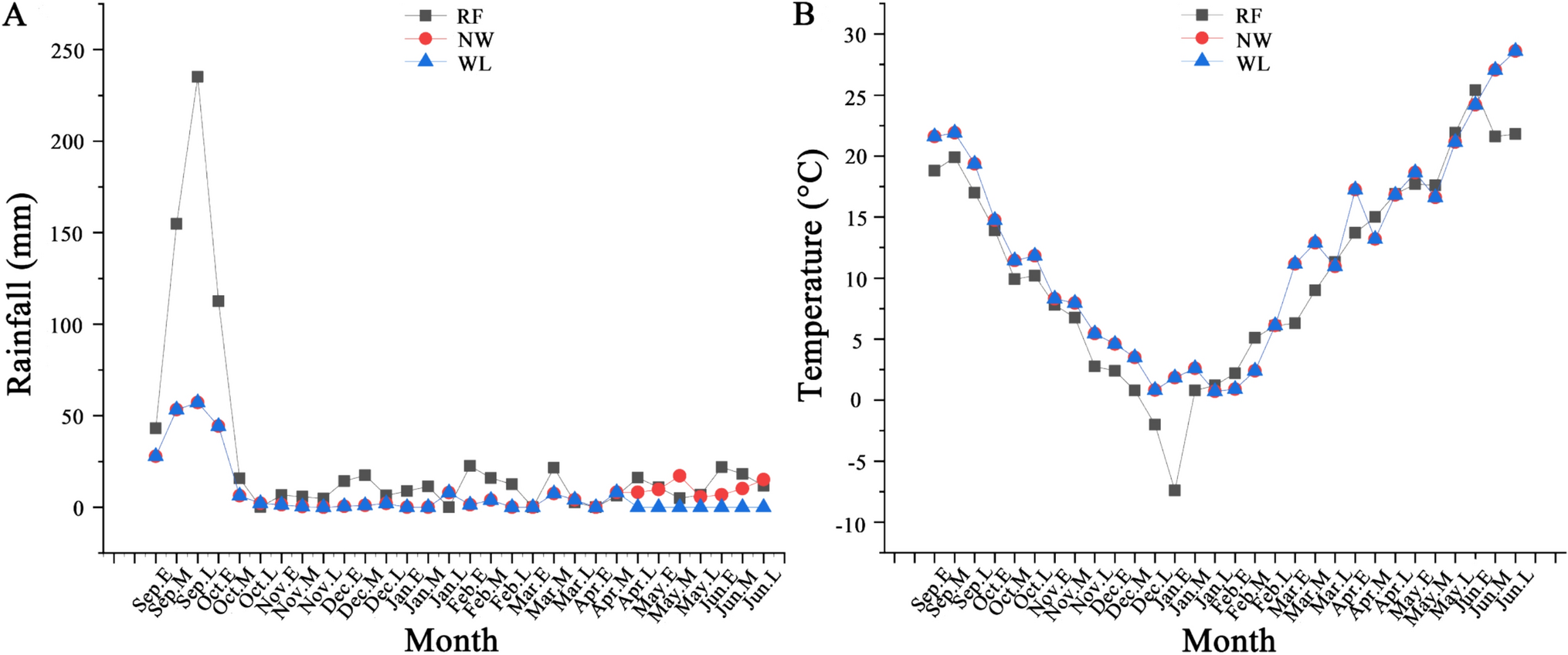Summary
Rhiannon Lambert, the nutritionist and author of The Unprocessed Plate, says shes not surprised. We know that processed red meat is classed by the World Health Organisation as a group 1 carcinogen, indicating there is sufficient evidence to conclude it can increase the risk of cancers including bowel cancer, she says. Processed and red meats are also typically high in saturated fats, which may contribute to inflammation and metabolic changes that can promote cancer development.
But is it healthy to suddenly ditch all meat from your diet overnight? And will it mean a lifetime of opting for the goats cheese tart every time you eat out, or boring meals at home?
Can anyone go vegetarian?
For most people, going vegetarian doesnt put you at risk of any immediate dietary deficiencies — unlike being vegan, which requires a bit more thought, Lambert says. But anyone who is predisposed to anaemia or pregnant might need to do some extra planning to ensure theyre getting all the nutrients they need.
She says that going vegetarian, like all dietary shifts, should happen slowly and consistently. This will allow your body, and particularly your gut, to adapt comfortably, she says. Suddenly increasing fibre intake from plant-based foods can lead to digestive discomfort, such as bloating and gas, because your gut microbes need time to adjust to higher fibre levels. To ease this transition, try introducing one additional portion of fibre-rich food every few days; for example, swapping white pasta for wholegrain, then adding lentils or beans to your meals after a few days. This gradual approach helps your digestive system to adapt without overwhelming it.
Will I get enough protein?
This is a common concern when people go vegetarian, but the recommended daily intake of
Source:
Exclusive AI-Powered News Insights (For Members only)
Disclaimer:This content is AI-generated from various trusted sources and is intended for informational purposes only. While we strive for accuracy, we encourage you to verify details independently. Use the contact button to share feedback on any inaccuracies—your input helps us improve!





